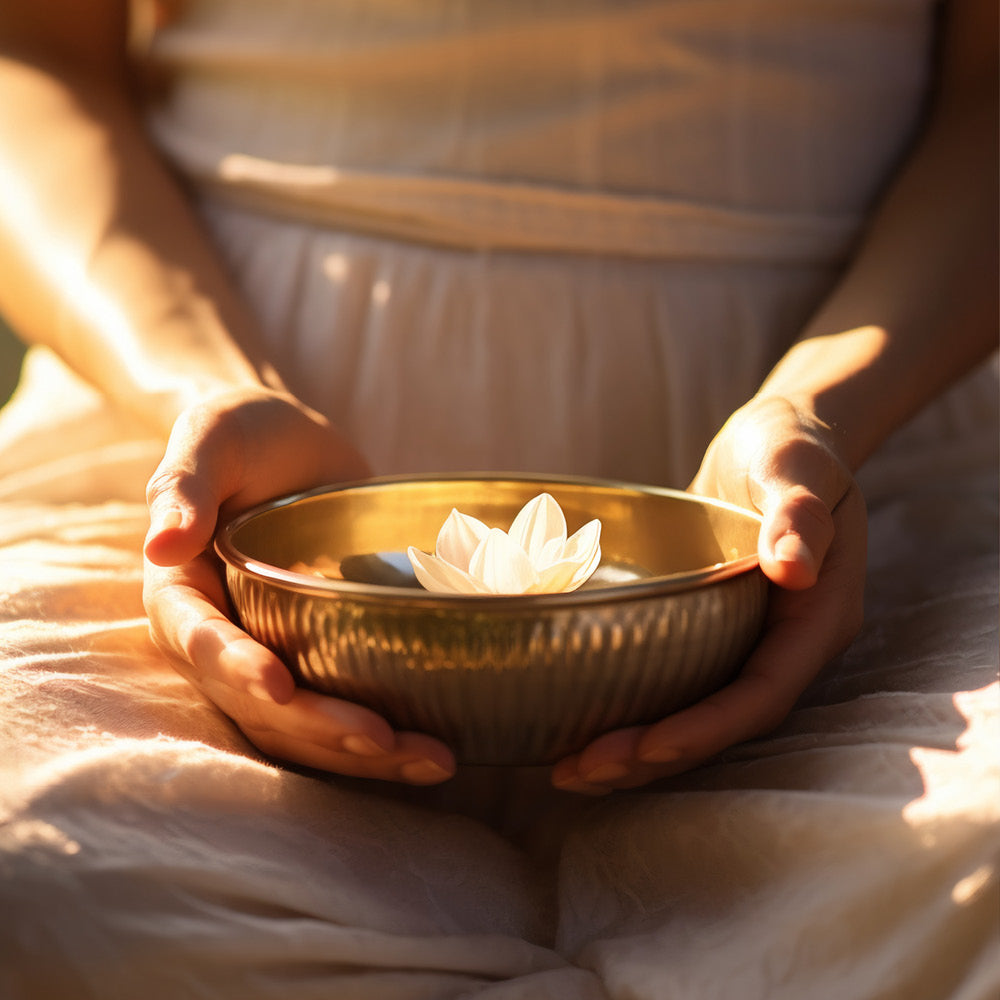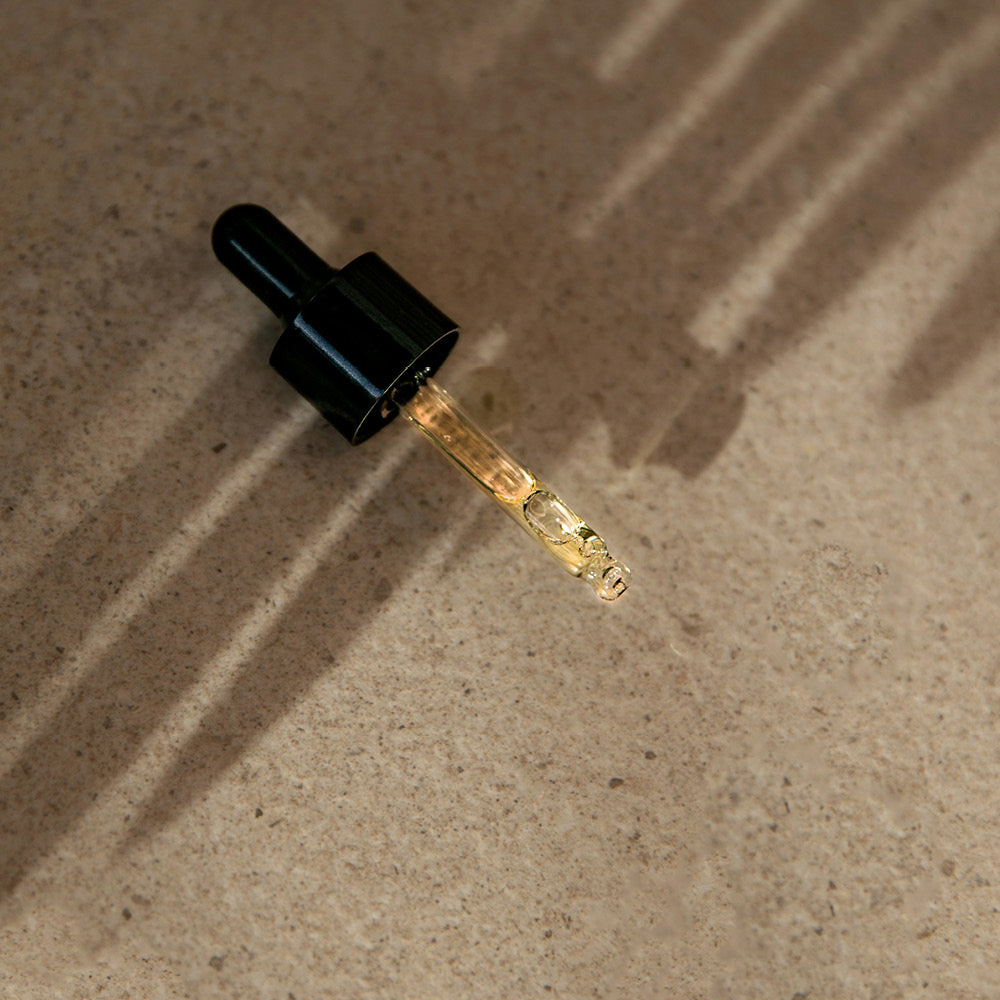
Although drinking coffee may be an ingrained social habit, it has long been debated whether it is, in fact, good or bad for your health. According to Ayurveda, it is preferable to give up coffee and replace it with herbal tea. However, there is some room for coffee in an Ayurvedic lifestyle, as long as you follow a few consumption guidelines. Above all, caffeine should be consumed in moderation and not allowed to become a substance of addiction.
How caffeine consumption relates to your dosha
Just as with all other lifestyle choices, the different mind-body types react differently to caffeine consumption. You’re in luck if you’re dominated by Kapha because coffee can balance out the heavy and sluggish qualities of your dosha. However, Pitta and Vata are not so forgiving of caffeine, because it can exacerbate heat in a person of these doshas, both emotionally and physically. Caffeine can have these negative effects, according to Ayurveda:
- Increased appetite
- Release of stress hormone, cortisol
- Increased urination
- Decreased quality of digestion
- Increased blood pressure
- Increased heat and inflammation
- Interference with digestion, leading to malabsorption
- Increased emotions associated with a negative mood
- Liver stress
- Shakiness
- Increased anxiety and fear
- Interference with normal sleep patterns
- Decreased digestion
- Interference with circulation
- Dehydration
How you should drink coffee
While Kapha may be more forgiving of caffeine consumption, it’s essential for people of all doshas to drink no more than one cup of coffee per day. If you do choose to partake, consume in these ways:
- Kapha: black and unsweetened
- Pitta: sweetened with organic cane sugar, but no milk
- Vata: sweetened and creamy
How to give up coffee
For optimal health, it is best to give up coffee altogether. This should be done very gradually to minimise withdrawal symptoms. Follow these four Ayurvedic tips:
- Add cardamom
As you slowly reduce consumption, add ¼ teaspoon of cardamom powder to each cup of coffee you drink. This will assist in lowering caffeine’s adverse effects on your body.
- Find a natural alternative
When you start to drink less coffee, it is helpful to replace it with a new ritual. Herbal teas and caffeine-free Chai are fantastic options. These can even help boost mental clarity and energy.
- Increase exercise
Why not turn this one change into a small lifestyle overhaul? Incorporate at least 30 minutes of walking, swimming, cycling, or yoga into each day.
- Perform Nadi Shodhana
Alternate nostril breathing is beneficial for reducing the disruption to the nervous system caused by caffeine withdrawal. Do a minimum of nine rounds each morning and two more sets each day if you can manage it.
For more ways to improve your well-being from the inside out, visit https://www.awecosmeceuticals.com.au/






